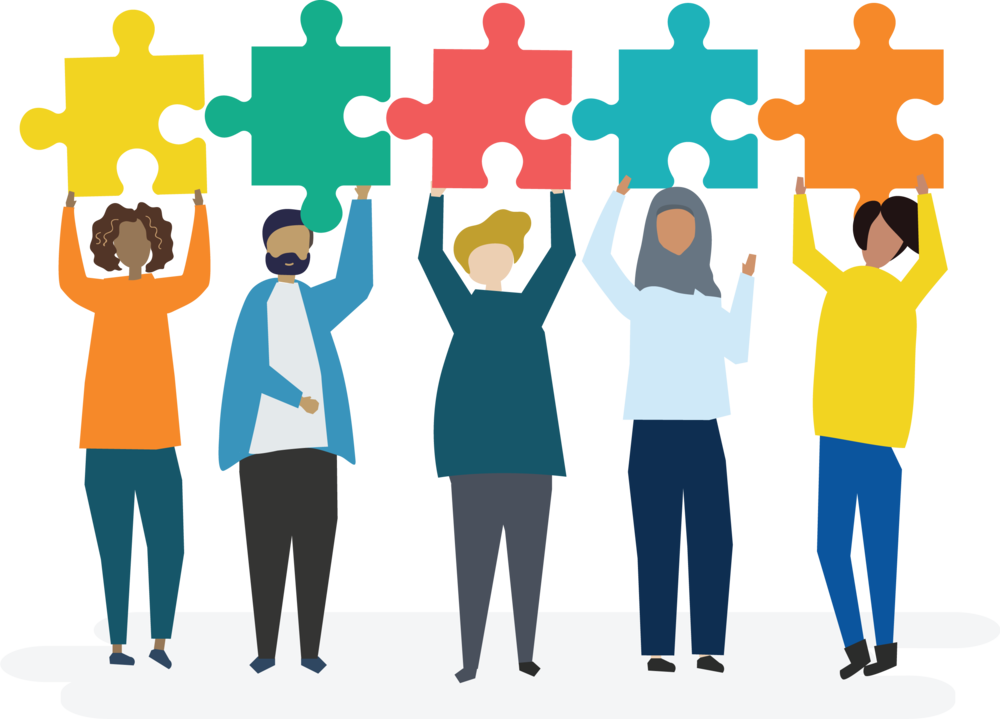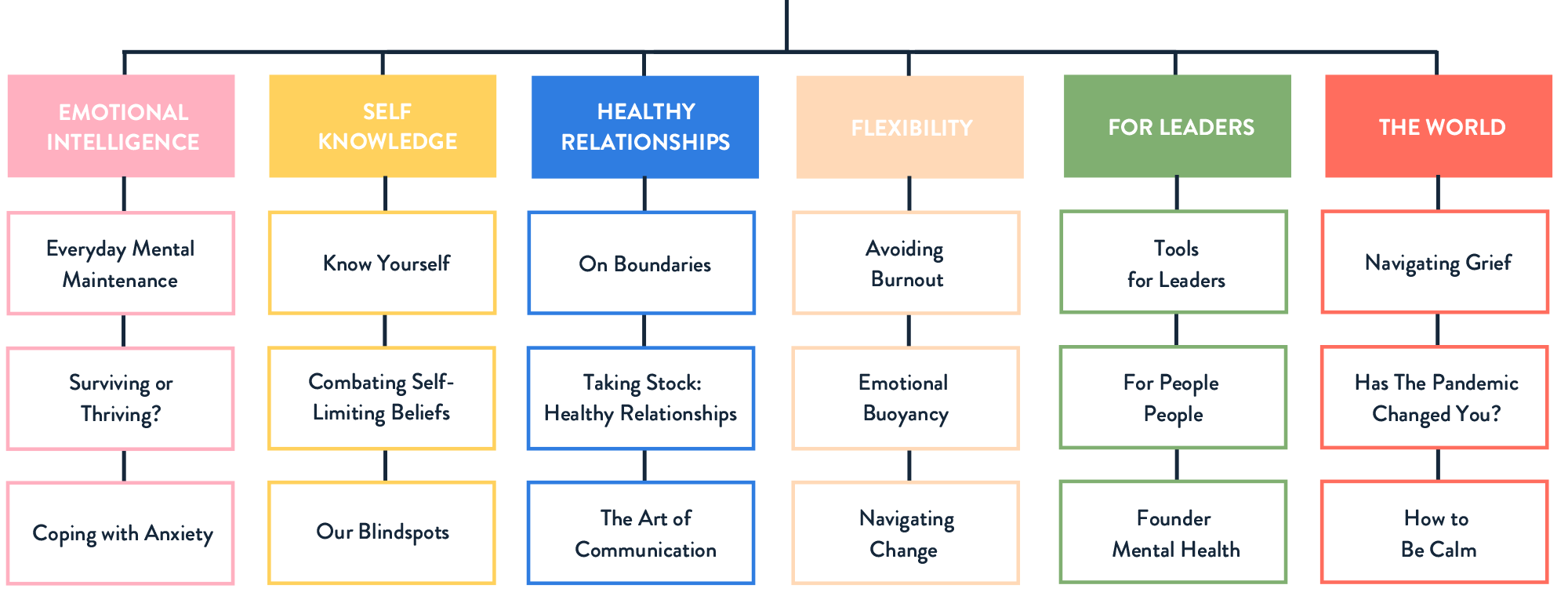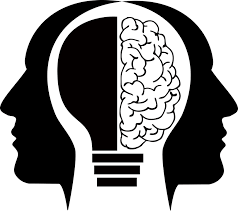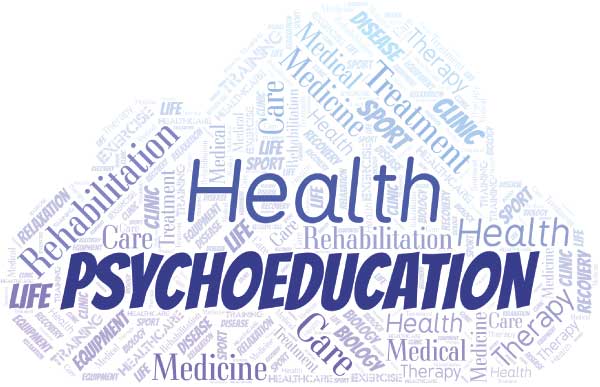In this blog post, we will discuss what psychoeducation is, how it works, and why it can be beneficial. We will also hear from experts about their experiences with psychoeducation.
Contents
Understanding Psychoeducation

Psychoeducation is defined as “any form of educational intervention which aims to increase the knowledge, understanding of mental disorders, and their treatments” (Hirsch, 1995).
Purpose of Psychoeducation
The purpose of psychoeducation is to help people understand their mental health conditions. As a result, this can be helpful for people who are struggling with their mental health, as well as for their loved ones. Since psychoeducation can help people learn about the signs and symptoms of their mental health condition, how to manage it, and where to get help.
Types of Psychoeducation
There are different types of this education. For instance:
- Individual psychoeducation – is when a person meets with a mental health professional to learn about their mental health condition. And find ways to cope better with their illness.
- Group psychoeducation – is when people with similar mental health conditions meet together. In a group setting, they learn about their condition and share information drawn from their experiences.
- Family psychoeducation – is when family members meet with a mental health professional. Together they learn about the signs and symptoms of their loved one’s mental health condition. As well as ways how to support them.
Psychoeducation Vs. Psychotherapy
What is the difference between psychoeducation and psychotherapy?
- Psychoeducation is a type of education that focuses on teaching people about mental health conditions and their treatments.
- Psychotherapy is a type of therapy that involves talking with a therapist about your thoughts, feelings, and experiences.
Both psychoeducation and psychotherapy can be helpful in understanding mental health conditions and their treatments. However, they are different types of interventions.
NOTE: It is important to talk with your mental health professional about which type of intervention would be right for you.
Unfolding Psychoeducation

This program structure of this education usually unfolds over some time. Moreover, when considering psychoeducation, keep in mind that it is a process; not a one-time event.
What To Expect
When you meet with a mental health professional for psychoeducation, they will likely ask you some questions about your mental health condition. They may also give you a handout or booklet with information about your condition. During this education, you will learn about:
- The signs and symptoms of your mental health condition
- How to manage your mental health condition
- Where to get help if you need it
You may also be given information about:
- The different types of treatment for your mental health condition
- How to cope with stress
- How to take care of yourself
Who Provides It
Several different types of experts can provide psychoeducation. However, some of these include:
- Peers who have recovered from a mental illness
- People who have received training in psychoeducation
- Members of support groups for people with mental health conditions
- Mental health professionals, such as psychiatrists, psychologists, social workers, and counselors
- Patients or family members who have personal experience with mental illness
Ideally, the person providing this education should be knowledgeable about mental health conditions and their treatments. They must also have personal experience with either treating or understanding mental illness.
NOTE: If you are interested in getting this education, talk to your mental health professional. Since they may be able to refer you to a program or provide you with information about how to get psychoeducation.
Counting Benefits of Psychoeducation

Psychoeducation can be beneficial for both the person with the mental health condition and their loved ones.
It can help people with mental health conditions to:
- Understand their diagnosis
- Learn about their symptoms and how to manage them
- Learn about available treatments and what to expect from them
- Develop a support network of other people who have similar experiences
- Reduce stigma and discrimination associated with mental illness
It can also be helpful for family members and loved ones of people with mental health conditions. Since it can help them to:
- Learn how to support their loved one
- Understand the signs and symptoms of their loved one’s condition
- Develop a support network of other people in similar situations
Other Benefits
There are several benefits associated with it. However, some of these include:
- Better mental health: It has been shown to improve mental health outcomes for people with mental health conditions.
- Improved relationships: It can help improve relationships between people with mental health conditions and their loved ones.
- Reduced suicide risk: It can help reduce the risk of suicide for people with mental health conditions.
- Increased access to care: It can help people with mental health conditions access treatment and support services.
Taking Precautions During Psychoeducation

There are some risks associated with psychoeducation. These risks should be considered when deciding whether or not psychoeducation is right for you.
However, risks associated with it include:
- Feeling overwhelmed by the information presented
- Becoming more symptomatic as a result of treatment
- Allowing others to have too much control over your life
- Developing a mental health condition as a result of learning about your condition
- Making decisions about your treatment without fully understanding all of the options
NOTE: It is important to remember that it is not a cure for mental illness. However, it can be a helpful tool in managing your mental health condition.
What Precautions To Take
If you are considering psychoeducation, there are some things you can do to reduce the risks. For instance, some things you can do to reduce th0se risks include:
- Asking questions and taking your time to understand the information and avoid any unnecessary confusion
- Choosing a mental health professional you trust and feel comfortable with
- Sharing your concerns with your mental health professional
NOTE: Make sure you have a support system in place before starting psychoeducation.
Making The Most of Psychoeducation

When participating in psychoeducation, it is important to be an active learner. This means:
- Ask questions and engage with the material. It may take time for the information to sink in. Be patient and allow yourself to absorb the material at your own pace.
- If you are finding the material difficult to understand, ask your mental health professional for clarification. Also, it is okay to take breaks from psychoeducation if you need them.
- Whatever you learn, put it into practice. This can be difficult, but with time and effort, it can be done. Along with it, you may share your experiences with others in the group.
Hearing From Experts

” Psychoeducation is a key part of treatment for mental illness. It can help people to understand their condition and develop a plan for managing their symptoms. ”
-Dr. Stephanie Sarkis, author of Gaslighting: Recognize Manipulative and Emotionally Abusive People- and Break Free
” Psychoeducation can provide people with the tools they need to manage their mental health condition. It can also help reduce the stigma associated with mental illness. ”
-Marni Feuerman, LCSW, author of Surviving and Thriving After Narcissistic Abuse- A Comprehensive Guide to Recovery
Resources
If you are considering psychoeducation, there are many resources available to help you get started. However, some resources that can help you get started with it include:
- The National Alliance on Mental Illness (NAMI)
- The American Psychiatric Association (APA)
- The National Institute of Mental Health (NIMH)
Conclusion
Psychoeducation is an evidence-based practice that can be extremely helpful for individuals with mental health conditions. As it can provide them with the information and tools they need to better understand their condition, manage their symptoms, and improve their overall quality of life. So, if you are considering psychoeducation, it is important to talk to your therapist or doctor about whether it is the right fit for you.
A Word From Therapy Mantra
Your mental health — Your psychological, emotional, and social well-being — has an impact on every aspect of your life. Positive mental health essentially allows you to effectively deal with life’s everyday challenges.
At TherapyMantra, we have a team of therapists who provide affordable online therapy to assist you with issues such as depression, anxiety, stress, workplace Issues, addiction, relationship, OCD, LGBTQ, and PTSD. You can book a free therapy or download our free Android or iOS app.


